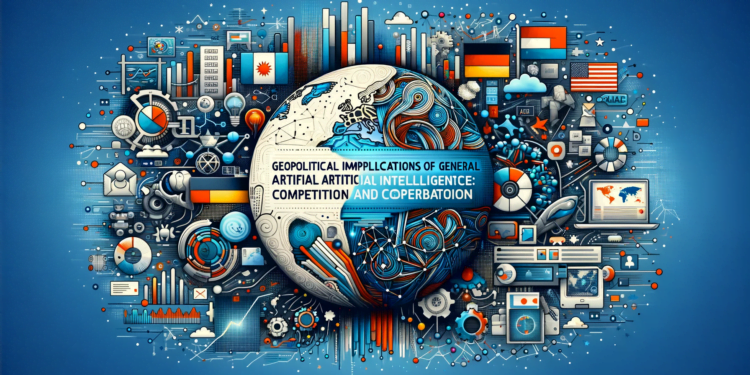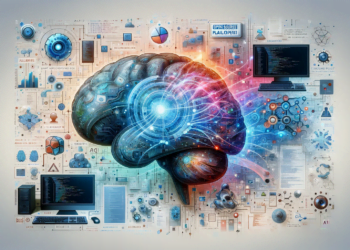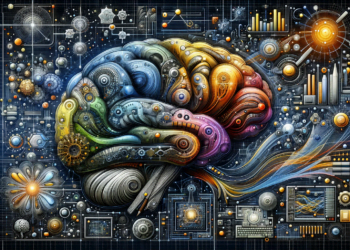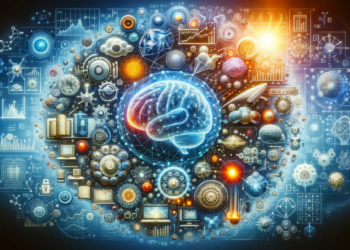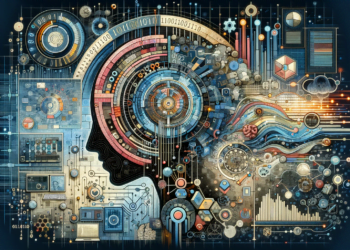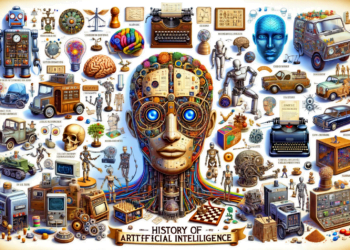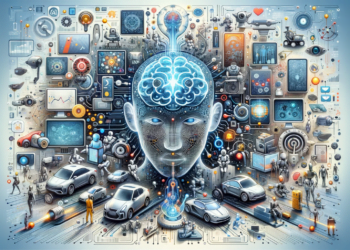The concept of Decentralized Autonomous Organizations (DAOs) represents an alternative paradigm in corporate and organizational governance, encouraging a structure where strategic and operational decisions are managed through rules encoded in smart contracts operating on a blockchain. Unlike traditional entities, DAOs aim to eliminate hierarchies and increase the democratization of decision-making, granting participants (token holders) the power to influence in proportion to their share of ownership. This approach resonates with the principles of direct democracy, placing power and responsibility in the hands of the community instead of a small group of executives.
The innovation that DAOs bring to the business environment is most evident when analyzing the following aspects:
Transparency and Trust: The operations and finances of a DAO, being encoded on a blockchain, are public and traceable, providing an exceptional level of transparency. This approach reduces the risk of fraud and misappropriation of funds, as all transactions are visible and require majority approval to be executed.
Operational Efficiency: Decisions are made automatically once the pre-established conditions in the smart contracts are met, eliminating the need for intermediaries and reducing operational and management costs associated with conventional administrative structures.
Inclusion and Global Accessibility: They allow for the participation of individuals globally, regardless of their geographic location. In addition, the entry barrier is generally lower compared to traditional corporations, allowing a broader range of investors and enthusiasts to be part of a DAO.
Adaptation and Resilience: DAOs are extremely adaptable entities. Smart contracts can encode governance mechanisms that allow for a dynamic reconfiguration of the organization’s structure or its operational rules in response to environmental changes, which is more complex to achieve in traditional organizations.
However, there are challenges DAOs must face:
Scale and Organization: Decentralized management can result in inefficiencies and prolonged decision-making, especially as the DAO grows in size and complexity. Coordinating a multitude of actors with potentially divergent interests is a significant challenge.
Legal and Regulatory Aspects: Existing legal frameworks often do not recognize DAOs as legal entities, which can create uncertainty about how regulations apply in areas such as taxes, legal liability, and property rights.
Smart Contract Security: Despite automation and efficiency, smart contracts are susceptible to coding errors and malicious attacks that have led to significant financial losses in the past. The security of these contracts is of utmost importance and requires an advanced level of expertise in blockchain and cybersecurity.
Governance: In practice, token distribution is not always equitable, leading to concentrations of power that can emulate undesired hierarchical structures. Additionally, apathy among participants can lead to low engagement, affecting the representativeness of decisions made.
The potential of DAOs as a model for business and social governance is undeniable and may be a critical component in the evolution towards more inclusive, democratic, and efficient systems. Nevertheless, for DAOs to reach a significant level of adoption and maturity, innovative solutions are needed to address the challenges presented and for their relevance to be recognized within global legal frameworks. Advances in smart contract security, increasing participation, and legal recognition, bode well for a promising field for this new form of organizational structure: autonomous, decentralized, and democratic.

